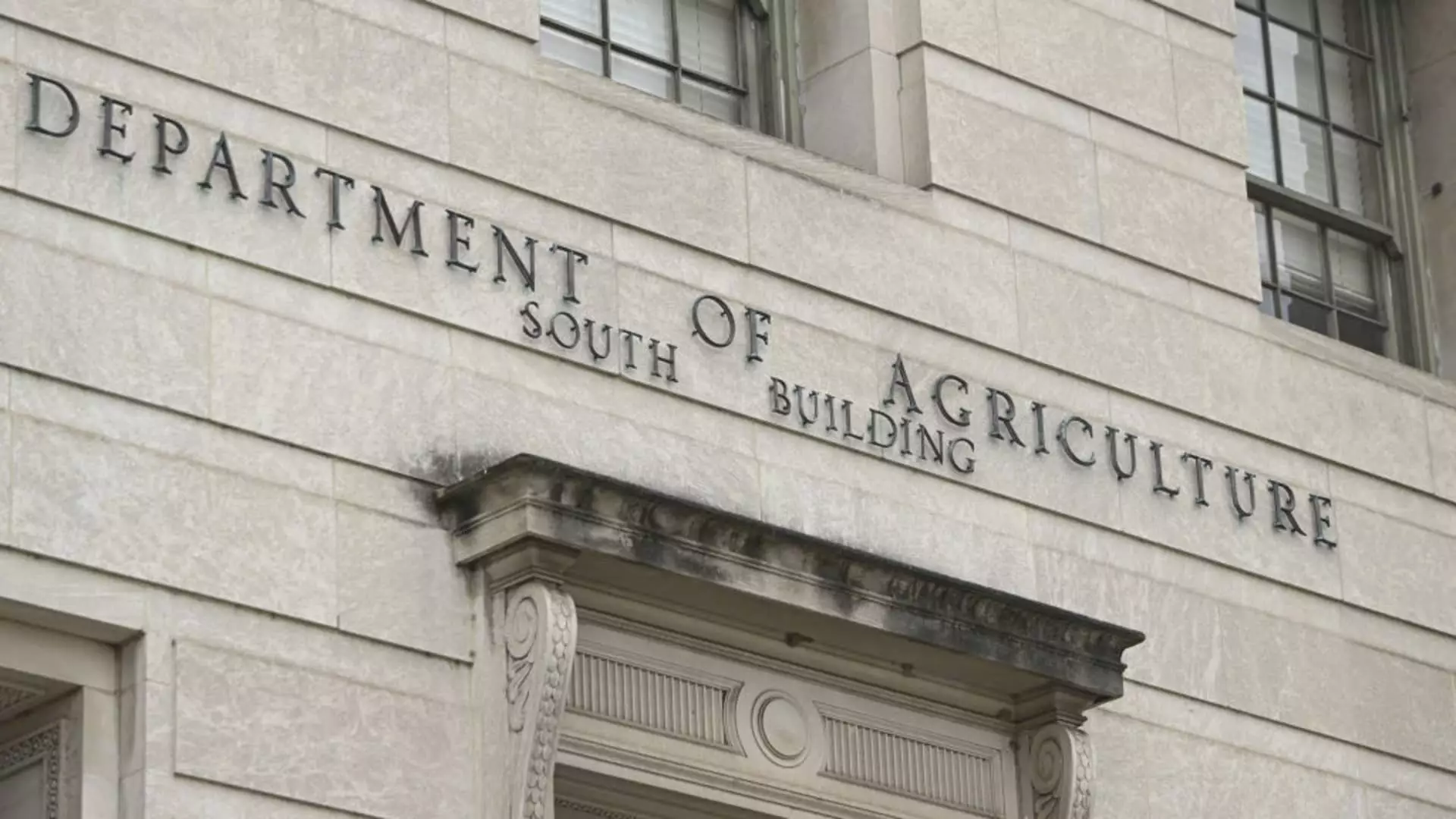The United States is on the brink of significant shifts in agricultural policy, primarily due to President-elect Donald Trump’s anticipated choice of Brooke Rollins as the Secretary of Agriculture. The appointment is expected to be a strategic move that aligns with the administration’s broader objectives, especially with the nomination coming from a figure closely affiliated with the America First Policy Institute. This think tank has been instrumental in shaping policy narratives during Trump’s term, emphasizing a focus on national interests.
Rollins, who previously chaired the Domestic Policy Council, brings a wealth of experience but her appointment raises questions about her approach to a department that impacts various aspects of American life—from nutrition to rural development. As she prepares to lead a vast agency consisting of approximately 100,000 employees, the implications of her potential policies will be felt far beyond the agricultural sphere.
Understanding the Department of Agriculture’s Role
The United States Department of Agriculture (USDA) is a meticulous institution responsible for ensuring food safety, overseeing nutritional programs, and facilitating trade relations crucial to farmers’ livelihoods. With a budget exceeding $437 billion for the fiscal year 2024, the agency is tasked with a multitude of responsibilities including both domestic welfare and international trade agreements. Rollins’ role would not only impact farm assistance programs but also direct pivotal negotiations around contentious issues such as genetically modified organisms and trade agreements with Canada and Mexico.
The negotiation of the U.S.-Mexico-Canada Agreement (USMCA) is particularly pressing as Rollins steps into a landscape rife with tension regarding trade barriers and tariff discussions. The potential for lasting effects on American diets and agricultural economies lies in her capacity to navigate these contentious waters while balancing commercial interests with public health.
Impacts on American Agriculture and Economy
The famous motto of “America First” under Trump’s leadership implies a significant shift, which might result in the revival of tariffs on imports, as suggested by the plans discussed during his campaign. Such tariffs could reshape the agricultural economy, impacting both urban and rural communities. Farmers might face new challenges yet can also seize opportunities through enhanced domestic policies. It’s a complex interplay where the success or failure of these policies could redefine accessibility to food and agricultural sustainability in the U.S.
Furthermore, Rollins will have to address emerging technologies in agriculture, particularly concerning clean fuel initiatives and sustainable bioproducts such as biofuels. The renewable energy sector is eager to evolve, especially in its efforts to produce sustainable aviation fuel, presenting an exciting yet challenging domain for the Secretary.
As Trump moves to solidify his administration, the selection of Brooke Rollins as Agriculture Secretary signals potential sweeping changes on the horizon. Her ties to the America First Policy Institute reflect a commitment to nationalistic policies that could have extensive repercussions across the agricultural sector.
While the prospects of Rollins’ leadership at the USDA present unique opportunities to revamp agricultural policy, they also prompt critical discussions about the balance between economic interests and public health. Observers will be keenly watching how her term unfolds, as it holds the promise to significantly impact both the landscape of American agriculture and the everyday lives of citizens across the nation.


Leave a Reply